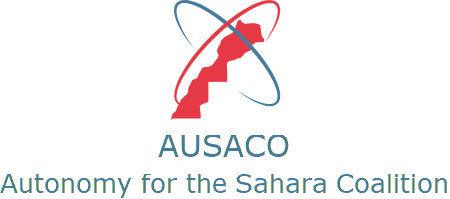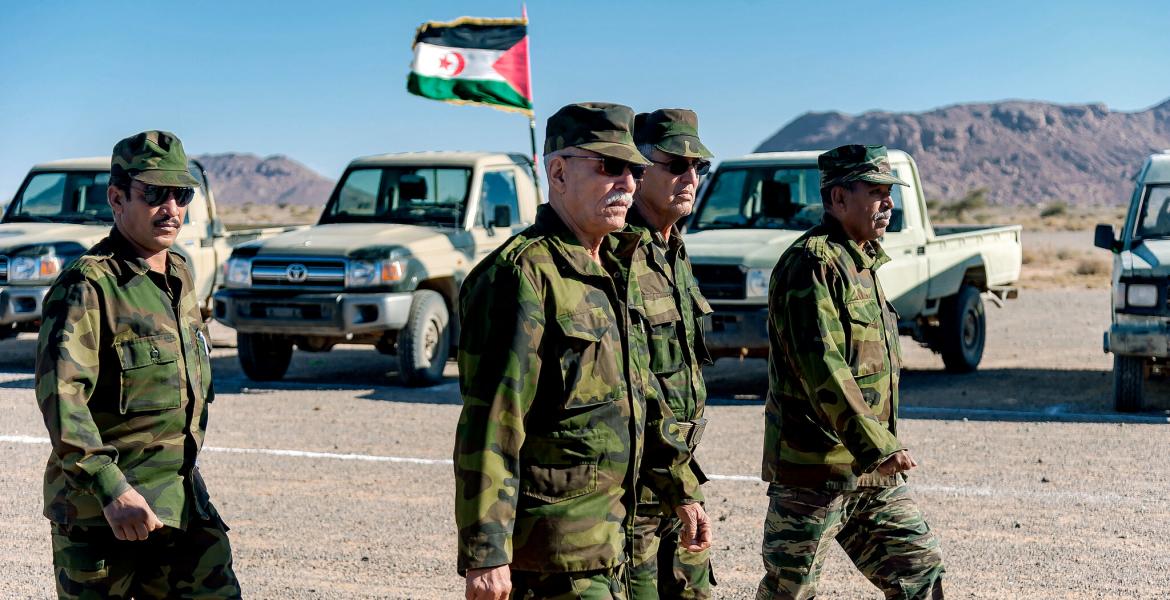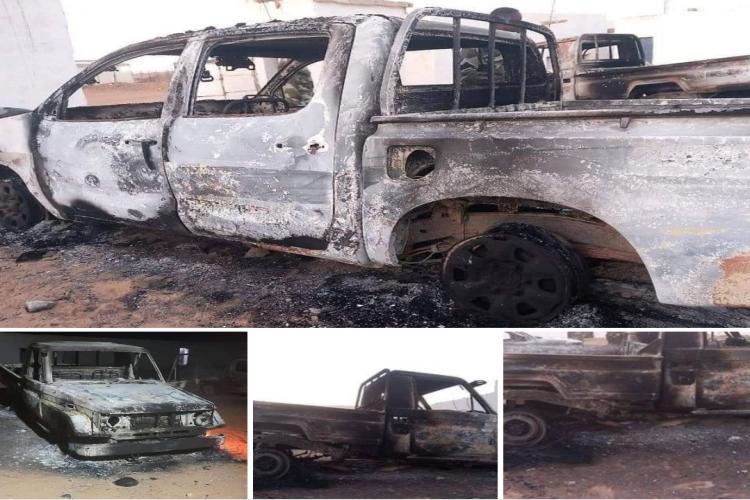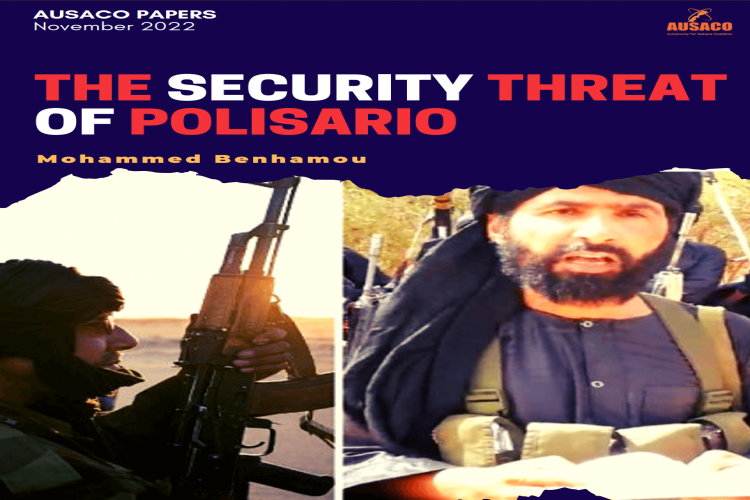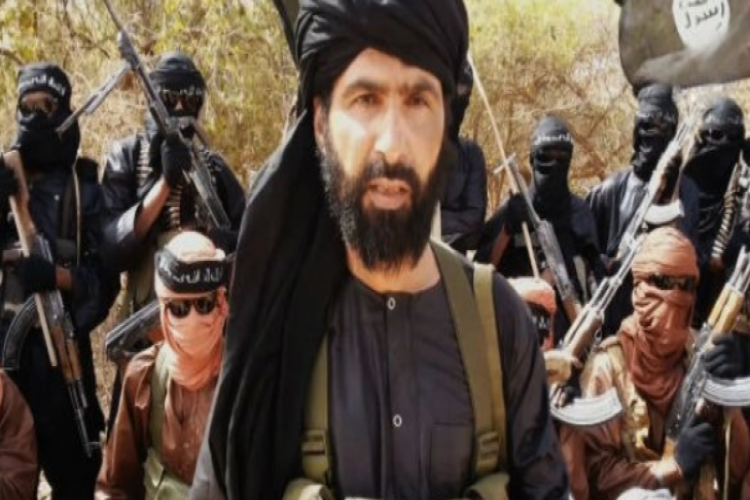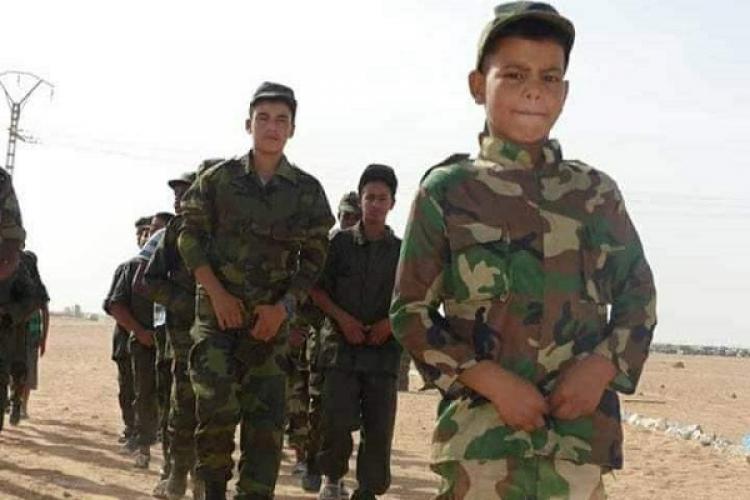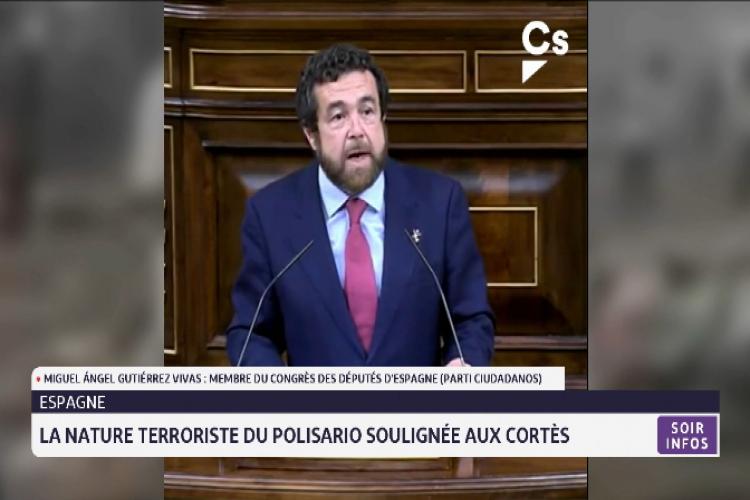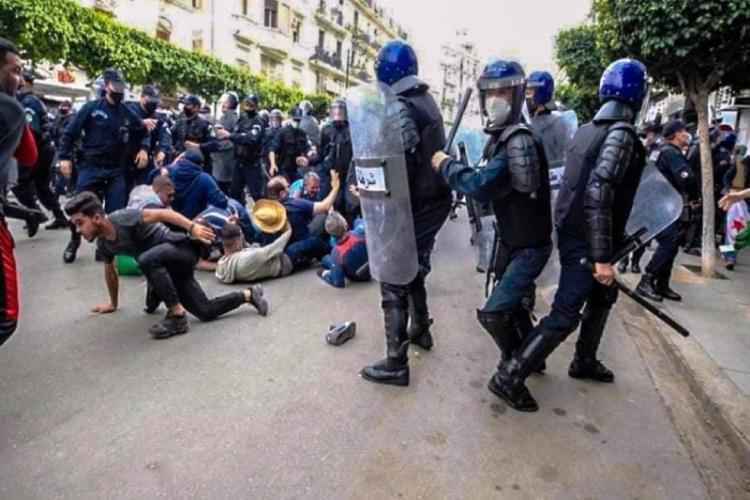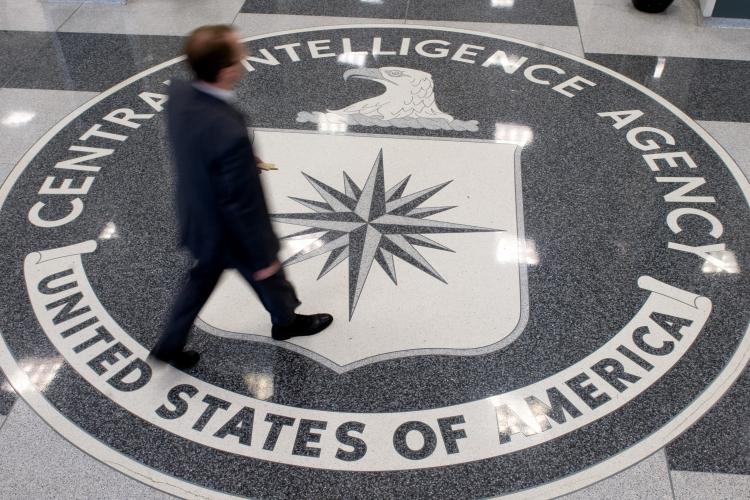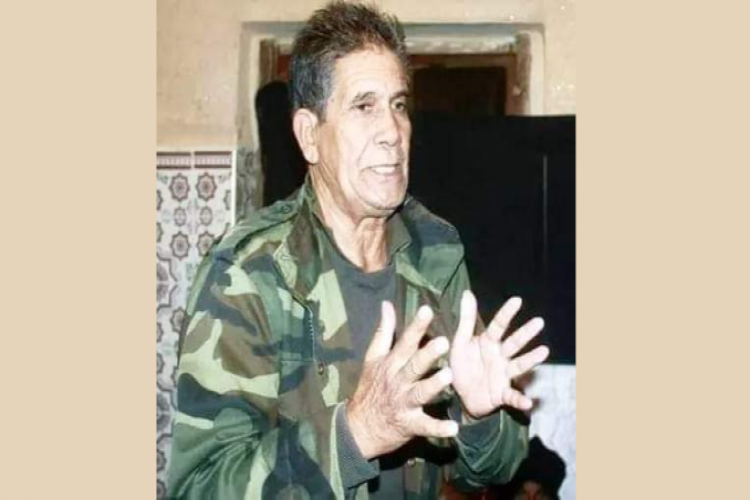Storytime: Polisario’s Imagined War in Western Sahara Explained
Is there a war going on in Western Sahara? Depending on the source, the answer can be a definite “yes,” or a chuckle-inducing “no.” Algeria and Polisario sources are claiming a true “hot war” is taking place on Morocco’s southern borders, for Morocco all appears calm on its southern front.
As I flew back from Laayoune in December, I was seated near two British technicians who had been fixing windmills in the region. When asked about the conflict, both reacted with surprise. “What conflict?” they asked me.
The Algerian-backed Polisario appears to be relying more on the outrage of war, rather than actually fighting it.
Its most valued fighters are not holding Kalashnikov rifles in the Sahara but instead are positioned in Spain or New Zealand, armed with Apple laptops or Samsung phones. Ironically, most of those “fighters” would never describe themselves as such.
Polisario argue that they are standing up for the rights of downtrodden people. They claim to be valiantly fighting off a colonizing force. Through an incomplete reading of history, they spend their time online in service of Algeria’s strategy to continue to destabilize and undermine its western neighbor.
The reason why so many well-intentioned people are unwittingly promoting further regional destabilization is understandable however. The opaque nature of the Western Sahara issue makes it incredibly difficult to determine what is fact and what is fiction.
The region’s history is complicated without taking into account centuries of history, and Polisario’s struggle can easily be confused with that of genuine resistance.
The Western Sahara conflict is bathed in misinformation and propaganda for one sole reason, because all sides involved are fighting an impossible war.
Polisario’s war in theory
According to the press agency of Algeria and that of Polisario itself, its militias are actively fighting in Western Sahara. They claim to be hurting the Moroccan army through irregular warfare, more commonly known as “guerilla warfare.“
Guerilla warfare is nothing new, military tacticians have been discussing this strategy for more than two millennia. Understanding the concept helps reveal Polisario’s imaginary war.
The Chinese general and military strategist Sun Tzu produced the first texts on guerilla warfare roughly 2500 years ago.
His book, the “Art of War,” urged against a head-on collision of forces, but instead argued for harassing enemy supply lines, attacking its weakest forces while avoiding any risky definitive clash.
Over 2200 years later, the famous German strategist Carl von Clausewitz came to a similar conclusion after seeing the Spanish resistance struggle against Napoleon’s superior forces. In his book “the people at arms,” part of his magnum opus “On War,” he described the power of a local force using guerilla tactics against a foreign occupier.
The tactics and strategy described by both Sun Tzu and Clausewitz have been used to devastating effects throughout history as well as in recent times.
The US, the world’s preeminent military power has lost consecutive wars against rag-tag militias in Vietnam, Afghanistan, and Iraq. Winning the latter two wars has been out of the discussion in the US, the debate is only when and how to withdraw.
Guerilla warfare can present a real threat to any conventional army like that of Morocco, so why are Polisario not making any progress besides on social media?
Polisario’s war in reality
Polisario would love to fight a guerilla war, yet the reality on the ground is nothing like what it aims to project abroad.
Its leadership is well aware that both sides are fighting a perceived anti-colonial struggle. It knows that Morocco is simply trying to reclaim territory lost following the colonial Scramble for Africa, and the partition of Morocco by France and Spain.
Ideologically, Polisario depends on an incomplete reading of history that starts in 1975, in order to promote its case. Practically, it has languished in its headquarters in Tindouf for nearly thirty years, with its weaponry and leadership becoming ever more rusty and irrelevant.
Morocco’s 2700 kilometer sand wall, lined with bunkers and landmines, both presents a target and an obstacle to the militia.
Since the erection of the defensive structure, Polisario has had to abandon its fast-paced raids into Western Sahara, a tactic that dominated the previous strategy.
Guerilla warfare has a solution for this.
Both Sun Tzu and Clausewitz would argue to amass forces and concentrate them on a position where the otherwise superior opponent is weakest. This tactic was used to devastating effect in Afghanistan and Vietnam, yet the Sahara Desert is an altogether different battlefield.
The Sahara does not provide the cover of Vietnam’s lush jungles, or Afghanistan’s mountains. In the Sahara, there is nowhere to hide.
Were a Polisario attack to break through one of the defensive positions on the sand wall, they would find themselves in a vast desert territory, the size of Great Britain. Far away from the region’s economic centers in Laayoune and Dakhla, it would find itself surrounded by Moroccan forces and vulnerable to aerial attack.
Morocco’s conventional force
Such an attack would be exactly what Morocco’s military leadership would hope for.
Concentrating sufficient forces to breach the wall in any meaningful way would require Polisario to establish supply lines, set up encampments, and see mass convoys of troops and armaments move across the barren demilitarized zone.
Such a move would allow Morocco to use its trump card, its air force and superior fire power, to deliver what could be a decisive blow against Algeria’s proxy force.
The lack of such a Polisario operation again highlights that the only reason Polisario can operate at all, is because of its Tindouf camps in Algeria. Whenever fighting gets too rough, its forces can retreat to Algeria and avoid exposure to Morocco’s fleet of drones and F-16 fighter jets.
Any true military maneuver that would wager the bulk of Polisario’s military force means risking losing everything, far away from Algeria’s protective embrace.
The Taliban, the Vietcong, and Iraqi insurgents employed guerilla warfare with such great effect as it faced an occupier that was not intending to stay.
The essence of guerilla warfare revolves around frustrating an occupying force, delaying any decisive action while draining its morale and domestic public support for the conflict.
Morocco does not face these pressures as its population considers Western Sahara to be part of pre-colonial Morocco, and therefore an essential component of its territorial integrity. Its forces do not face a deadline and are not impacted by election promises or premature political declarations of victory.
So why, is Polisario claiming to be effectively using guerilla warfare, and why is Morocco barely acknowledging the existence of any conflict at all?
Algeria’s strategy
The reason why Polisario continues to promote the idea of it fighting, and winning a guerilla war against Morocco, appears to largely revolve around the decision makers at the top.
Despite the lack of physical conflict between Morocco and the Polisario, the war is achieving its intended goal.
That goal is neither an independent homeland for Polisario, nor the restoration of pre-colonial borders for Morocco. The continued conflict is the goal itself.
As long as tensions are high between Polisario and Morocco, Algeria’s elite benefits. Morocco’s military and diplomatic corps are kept preoccupied and limited state budgets are spent on the military instead of the country’s development.
Algeria’s elite uses the conflict to justify its own existence while demanding loyalty from disgruntled citizens in the face of perceived foreign threats. Meanwhile, it drags Morocco into an arms race in which Algeria has the lead.
Algeria’s leadership would undoubtedly love to see Polisario establish an Algerian client state that effectively encircles Morocco and cuts it off from the African continent.
Yet, the status quo of instability, mock conflict and continued suffering of Sahrawis serves Algeria’s interests just as well.
As long as Polisario declares the cease fire to be over, its supporters in Western Sahara will face more questioning and monitoring by local security forces. The current state of war means that local activists can both support a war while claiming oppression for being monitored as possible hostile actors.
Meanwhile, hundreds of thousands of Moroccan troops continue to unnecessarily serve in the sweltering desert and Morocco is forced into a counterproductive arms race with its neighbor.
Ending a conflict with no winners
Both Morocco and Polisario would love to resolve the conflict unilaterally. Still, the reality on the ground makes this impossible. As long as Polisario can retreat to Algeria it continues to pose a threat while Morocco’s military superiority blocks any Polisario advances.
Meanwhile, most Sahrawi supporters of Polisario simply want an end to years of life in refugee camps in the Algerian desert. They wish to resume their traditional lifestyle, be represented by their own people and have a say in their homeland’s destiny.
That option has been available since 2007. Morocco’s Autonomy Plan offers an end to the conflict that serves both Morocco and Sahrawi interests. Yet, as established in previous paragraphs, Sahrawi interests have little to do with the continuation of the conflict.
Without an obvious military solution, and lacking the prospect of a diplomatic detente between Algeria and Morocco, it appears only the international community can resolve the conflict.
If actors like the EU would endorse Morocco’s Autonomy Plan and recognize Morocco’s sovereignty over the region, finally Sahrawi interests would move to the forefront of discussions.
International recognition would push both sides to the negotiating table while recognizing Polisario insurgents as clear Algerian aggression against its neighbor. Sahrawis would be able to see their own rights expand significantly.
Sahrawis would finally be able to elect Sahrawi politicians to represent them, rule the region as they see fit and build a productive relationship with Rabat.
While foreign policy and security forces would be within Morocco’s domain, elected Sahrawi officials would have significant sway over regional development and decision making.
The current conflict only serves Algeria’s elite and its goals of destabilizing its western rival.
In practice, citizens of Morocco and Algeria are the ones paying the price.
A renewed arms race between Morocco and Algeria would cost both nations billions while many Sahrawis continue to languish in Tindouf.
If the conflict in Western Sahara is to be resolved, it will require the international community to break the deadlock and endorse Morocco’s Autonomy Plan.
With no other feasible option for peace on the table, the Maghreb and its people could finally breathe a sigh of relief and shed the unnecessary consequences of its pointless brotherly disagreement.
